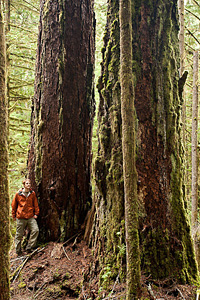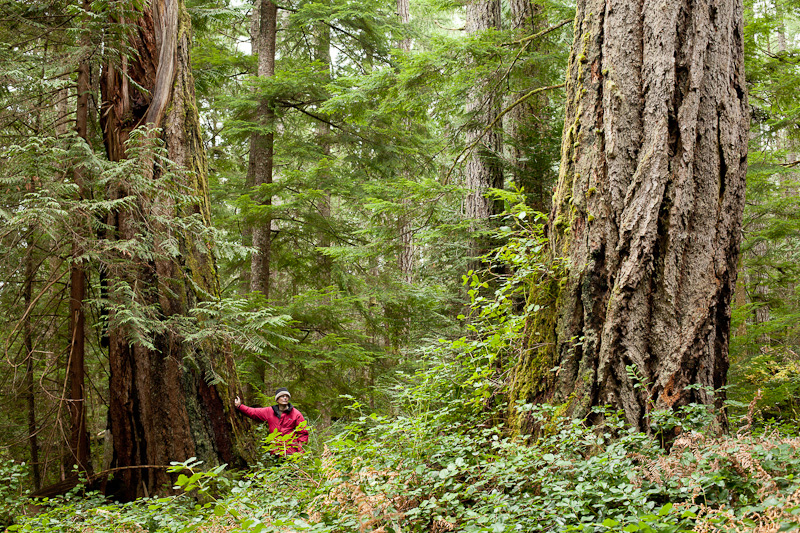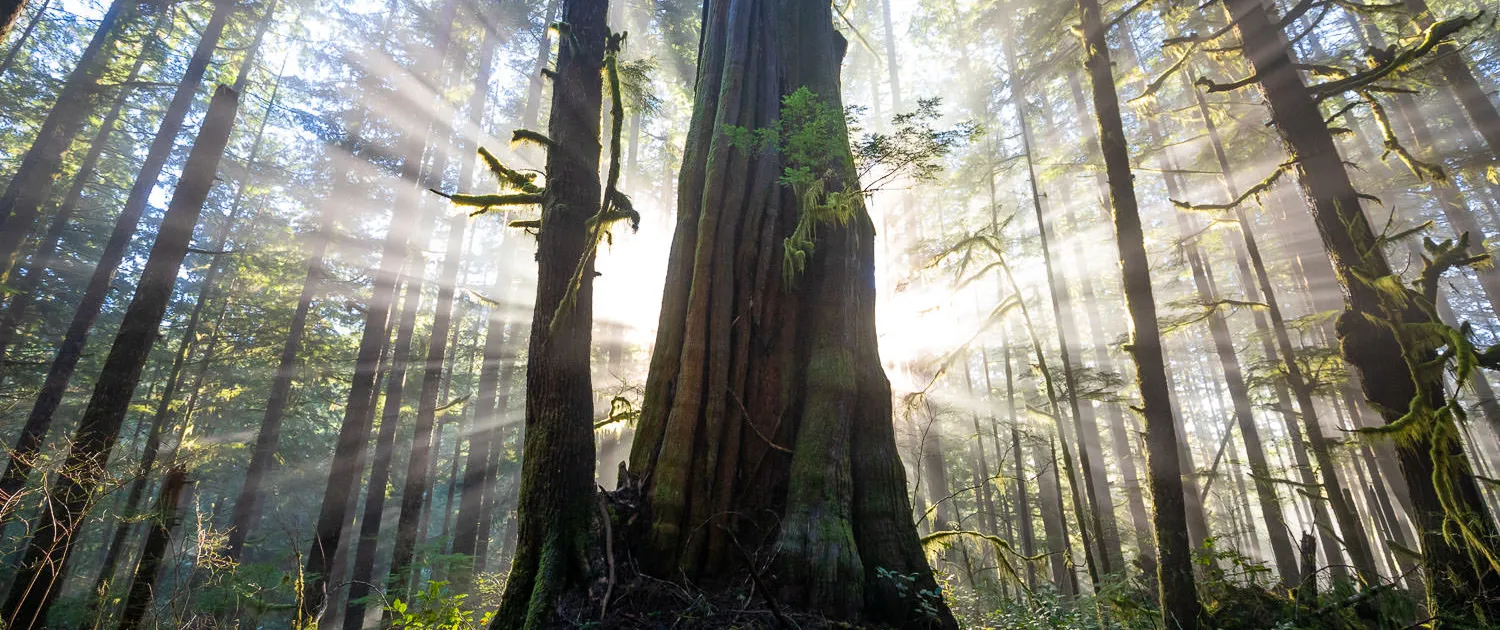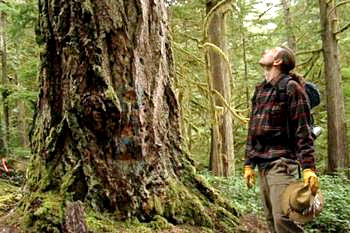
NEW PHOTO GALLERY featuring Cortes Island’s endangered forests!
See new photos by AFA's TJ Watt from the Squirrel Cove Ancient Forest in the headwaters of Basil Creek and from the Children's Forest along James Creek, both areas of which are slated to be logged by Island Timberlands.

Save Cortes Island’s Endangered Forests!
Please WRITE A QUICK EMAIL as soon as possible to BC's Minister of Environment, Hon. Terry Lake at: terry.lake.mla@leg.bc.ca . Ask that the BC government help fund the purchase of endangered old-growth stands, sensitive ecosystems, and other high priority lands for conservation currently owned by Island Timberlands. ***BE SURE to include your FULL NAME and ADDRESS so they know you are a real person!

Salt Spring Island a ‘model’ for Cortes Island advocates to prevent logging of pristine B.C. forests.
As deadline looms for Island Timberlands to begin logging on Cortes Island, advocates are hoping for a re-enactment of an earlier success story to protect the area's pristine forests.

Ancient Forest Alliance confirms vital old growth in threatened Cortes Island woods
Forest conservation experts say documenting old growth trees in BC island forests could help secure provincial support, in order to buy endangered land from logging company Island Timberlands.

Environmental group balances jobs with old-growth protection
Protecting the environment and retaining forestry jobs seemed to be something that could never happen.
The Ancient Forest Alliance (AFA) came up with a new goal which is to retain forestry jobs through sustainable logging practices while saving old-growth forests for future generations.

Logging of pristine BC island forest to begin in January by Brookfield Asset Management
Island Timberlands will start logging on Cortes Island this January, according to Wayne French, Operations Planner for IT. Cortes Islanders are seeking signatories to a petition to prevent the logging.
2012 Predictions – Environment – Ken Wu
While the strength of environmental campaigns vary each year, 2012 should be major. Here are five predictions: 1. The Climate Change Movement will Heat Up 2. Slick Oil Industry PR will Spread to Pipelines 3. Ancient Forest Campaign will Target both B.C. Lib's and NDP 4. The Fight against Fish Farms will go Viral 5. Raw Logs on a Slow Boat to China will be Protested.
Take Action
 Donate
Donate
Support the Ancient Forest Alliance with a one-time or monthly donation. Send a Message
Send a Message
Send an instant message to key provincial decision-makers.Get in Touch
Earth-Friendly Web Design by Fairwind Creative
- Home
- About Us
- Our Work
- Ancient Forests
- Recent News
- Photos & Media
- Map of Gallery Regions
- Themes
- Videos
- Inland Rainforest
- Mainland
- Haida Gwaii
- Sunshine Coast
- Sunshine Coast: Powell River
- Vancouver Island South
- VI South: Caycuse Watershed
- VI South: Mossy Maples
- VI South: Port Renfrew
- VI South: Port Alberni
- VI South: Walbran Valley
- Vancouver Island Central
- VI Central: Clayoquot Sound
- VI Central: Cortes Island
- VI Central: Tahsis
- Vancouver Island North
- Take Action
- Store
- Donate
